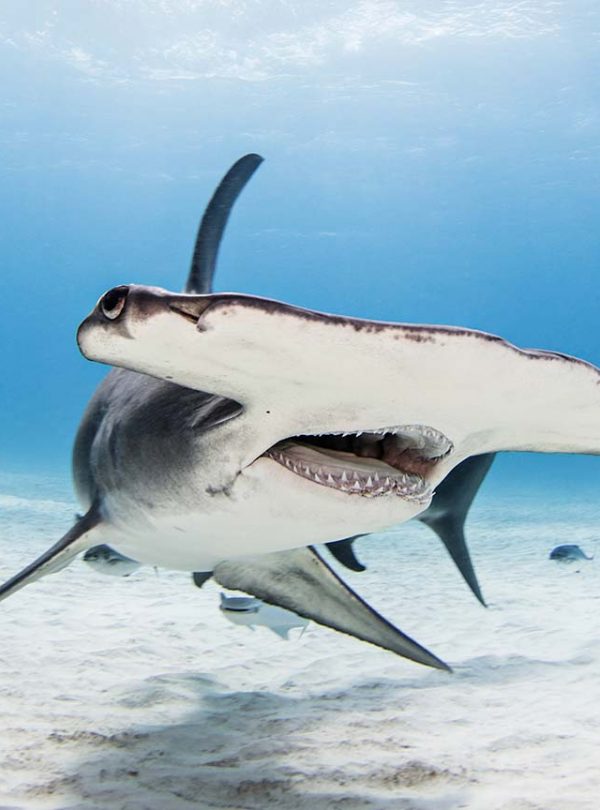Last Chance to Save Unprotected Species in the Heart of the Congo
DOUBLE YOUR DONATIONDOUBLE YOUR DONATIONLogging, slash-and-burn agriculture, water pollution, and poaching threaten rare species whose only home is the dense rainforest of the Democratic Republic of Congo (DRC).
-
Species at Risk
Bonobo (EN), Giant Ground Pangolin (EN)
-
Carbon stored
147,098,236 mT *
*(metric tons of CO2 equivalents) -
Partner
Rainforest Foundation UK
-
740,000 Proposed Acres Conserved by
Community Forest Concessions
-
Project Cost: $1,915,929
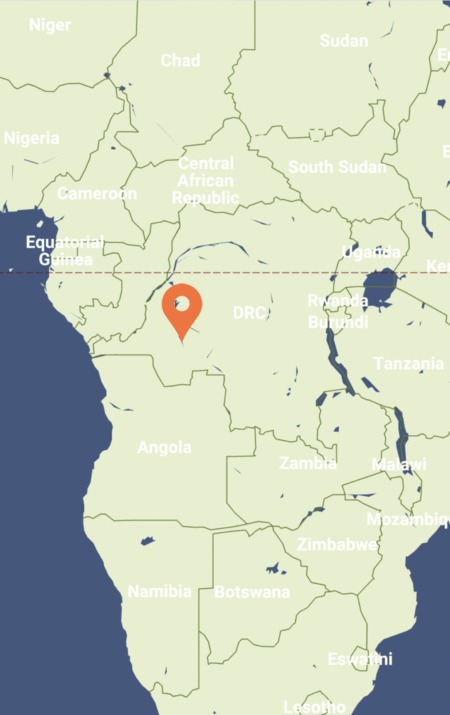
740,000
Logging, slash-and-burn agriculture, water pollution, and poaching threaten rare species whose only home is the dense rainforest of the Democratic Republic of Congo (DRC).
-
Species at Risk
Bonobo (EN), Giant Ground Pangolin (EN)
-
Carbon stored
147,098,236 mT *
*(metric tons of CO2 equivalents) -
Partner
Rainforest Foundation UK
-
740,000 Proposed Acres Conserved by
Community Forest Concessions
-
Project Cost: £1,532,740

740,000
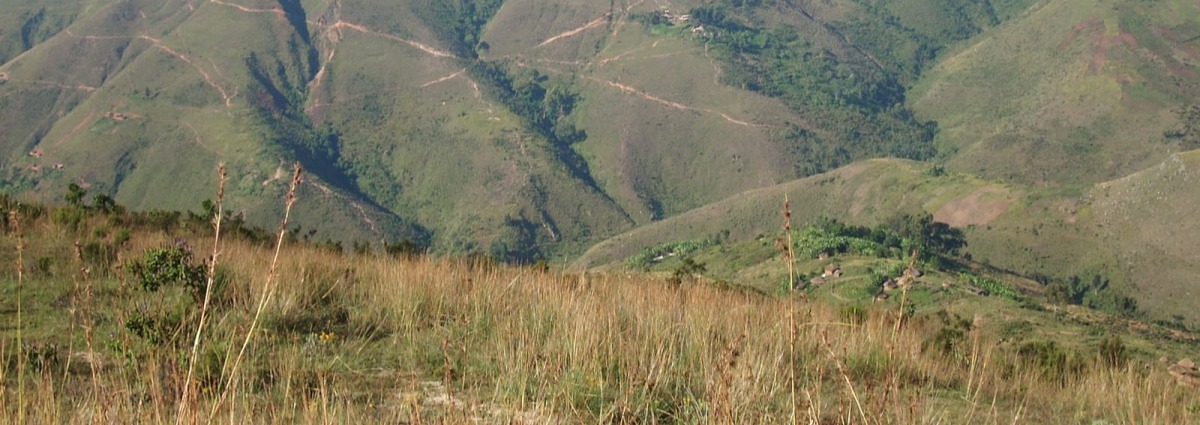
2X THE IMPACT
For the next $500,000 donated, every $1 donated will be matched by $1—giving your gift 2X the impact—thanks to the Bezos Earth Fund.
DOUBLE YOUR DONATIONDOUBLE YOUR DONATIONThe DRC’s Salonga National Park, in the heart of the Congo Basin, is the largest protected area of dense tropical rainforest on the African continent. With much of it only accessible by boat, it plays a fundamental role in regulating climate by storing carbon in swampy forests and peat bogs. Numerous endangered species are found only here, and the globally important park has been declared a World Heritage Site. But gaps in protection of the park’s buffer zone threaten conservation success, with logging and slash-and-burn agriculture top threats.
Interspersed among waterways and swamps are pockets of inhabited areas used by Indigenous Peoples and local communities. Rainforest Trust is working with our partner, Rainforest Foundation UK, and three local NGOs to establish 740,000 acres of highly biodiverse, lowland forest as the Oshwe Local Community Forest Concessions (CFCLs). Thirteen newly established Community Forests will blanket much of the national park’s buffer zone by securing land tenure and management rights over forest resources for Indigenous Peoples and local communities.
Header photo: Female bonobo and baby, by Gudkov Andrey
Explore the Heart of the Congo
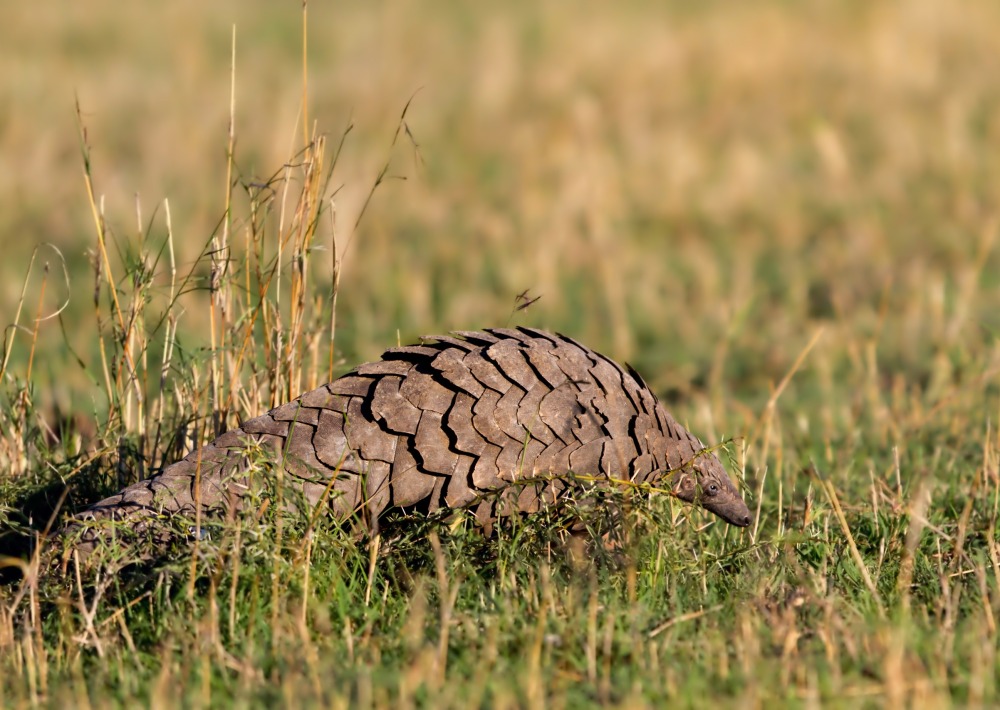
Giant Ground Pangolin, by Maggy Meyer
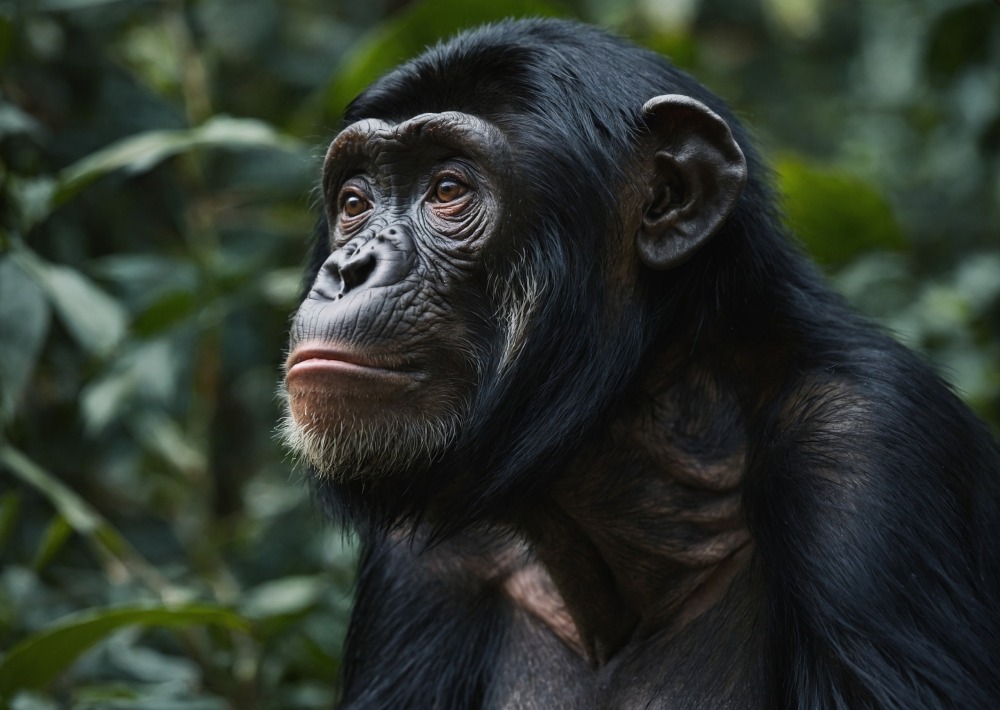
Bonobo, by Muhammad Asif6
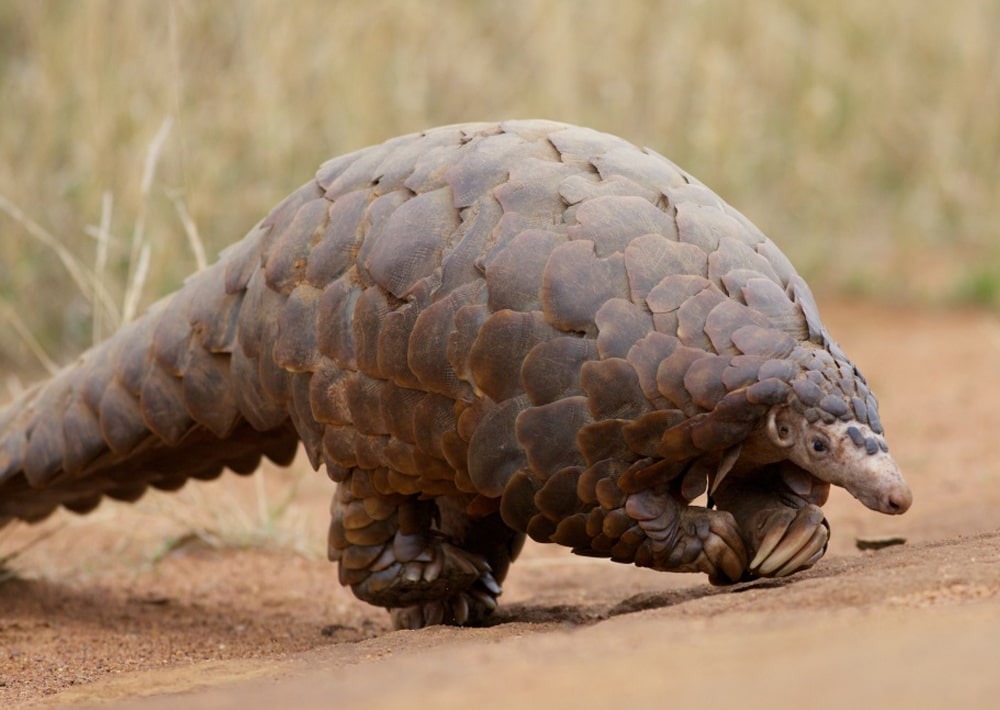
The Endangered Giant Ground Pangolin, courtesy Oregon State University
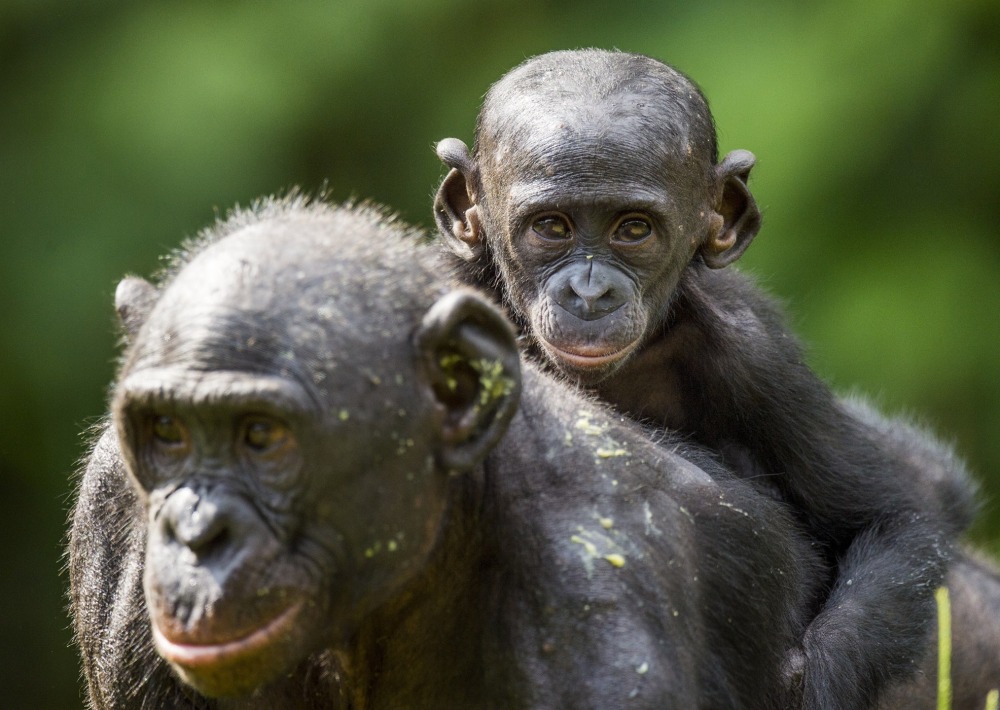
Bonobos, by Sergey Uryadnikov
The carbon stored in this lowland forest is equivalent to the emissions from burning
pounds of coal.
Protect Biodiversity and Community Livelihoods in the Congo from Multiple Threats
With their customary land rights secured, these communities will be equipped to sustainably manage resources as they continue practicing subsistence livelihoods. They will have the right to challenge logging, slash-and-burn agriculture, poaching, hunting for the bushmeat trade, and illegal fishing using toxic products. Their long-term management will also safeguard critical habitat for the Endangered Bonobo and Giant Ground Pangolin.
Surveys will document the current status of other threatened species within the proposed Community Forests. Three species targeted by this project are currently not protected in any national park or nature reserve: the Vulnerable Fire-bellied Wolf’s Monkey, the Endangered Golden-bellied Mangabey, and Teleogramma monogramma, a Cichlid fish.
Expand a Vast Wildlife Corridor in the Congo Basin
Once established, the proposed Oshwe Community Forests will fortify the ecological corridor between the 8.3-million-acre Salonga National Park, the 3.3-million-acre Oshwe Hunting Reserve, and the Mangai Hunting Domain of about 470,000 acres.
Endangered Bonobos, only found in the DRC, are present in large numbers in the Salonga landscape. Rainforest Trust has supported other front-line efforts to save the Bonobo and is currently supporting expansion of a protected reserve in western DRC.
LEARN MORE ABOUT THIS PROJECT >>
Conservation work is critical, challenging, and can be costly. We work hard to ensure we raise only the funds needed for each project. In the rare case we raise more money than needed or a project comes in under budget, excess monies will be transferred to the Conservation Action Fund. This fund supports our important conservation work throughout the tropics.
Project Modifications
Rainforest Trust conducts extensive research and due diligence on each of the projects that we support, so that once a project is offered for public support we believe it will succeed. We work closely with our project implementers, offer support, and regularly monitor their progress. Given the nature of the work, projects may not progress exactly as intended and may be unable to meet all objectives. To respond dynamically to the needs of our project implementers and the realities of the landscapes in which they operate, Rainforest Trust expressly reserves the right to modify a project as it deems necessary, provided that donor intent is honored by ensuring that that the original project objectives are diligently pursued and that project funds continue to benefit the landscape and species identified in the project overview. Project modifications that we may need to make in certain circumstances include the specific project implementer, the size of the landscape to be protected, the type of protection to be afforded to the landscape, and the development of sustainability mechanisms.
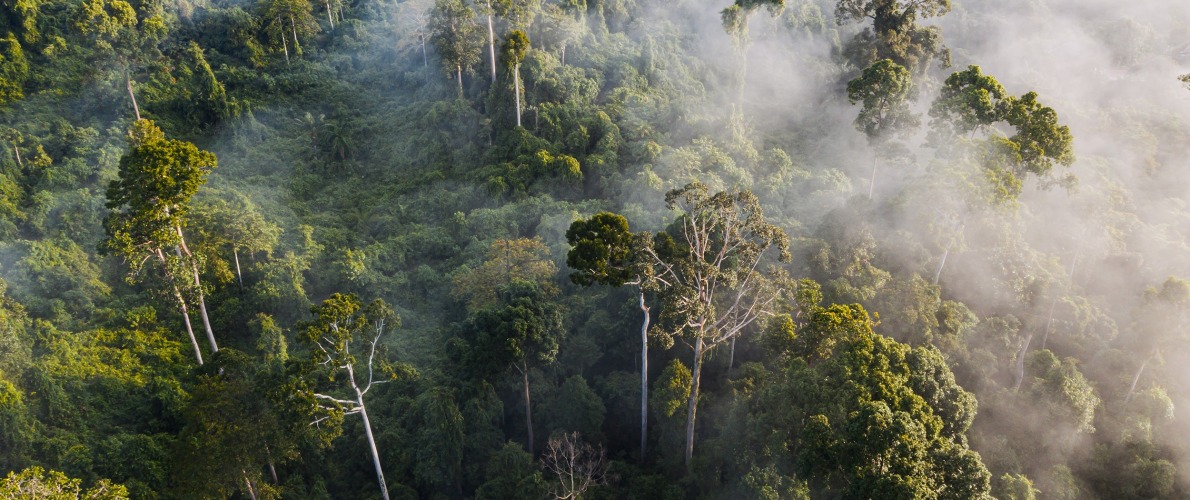
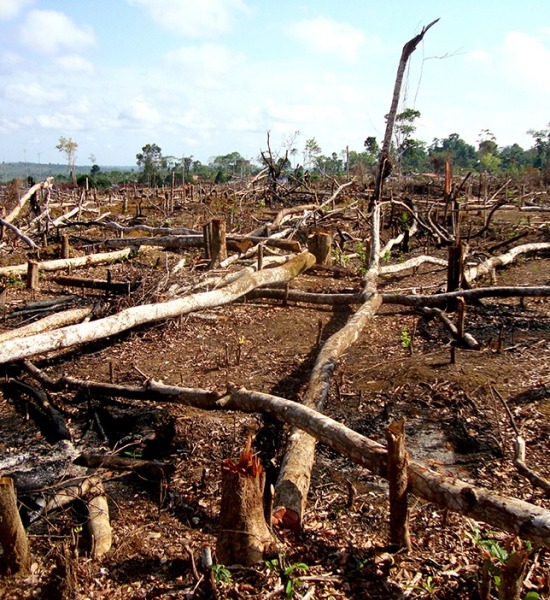
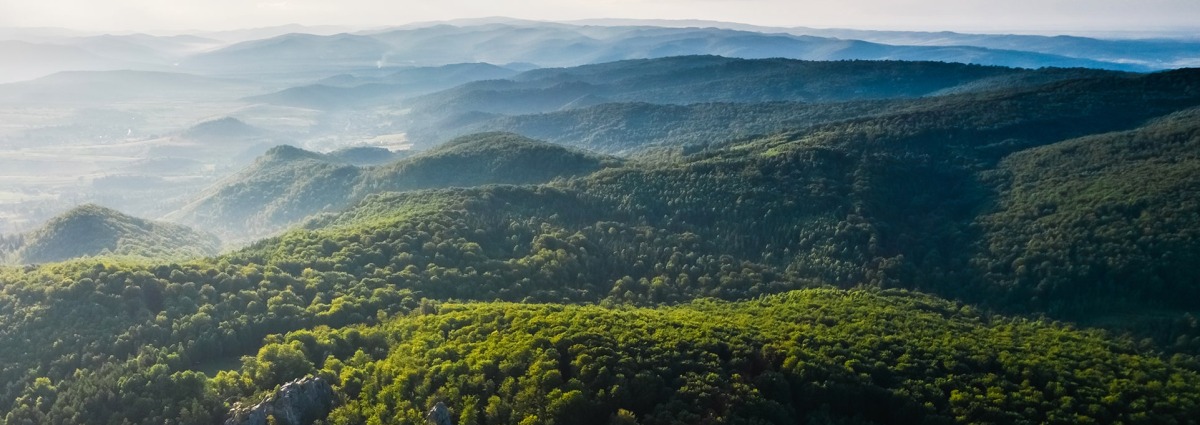
Partnering to Save Rainforest
Our partners’ ability to work with their governments and build strong connections with local communities ensures the successful implementation of our projects.
Learn More About This PartnerLearn More About This Partner
